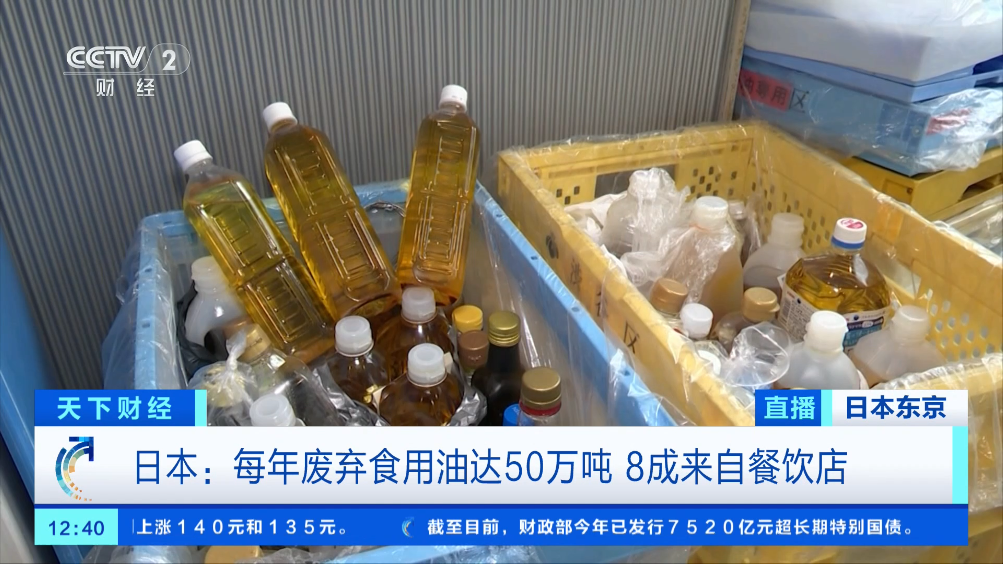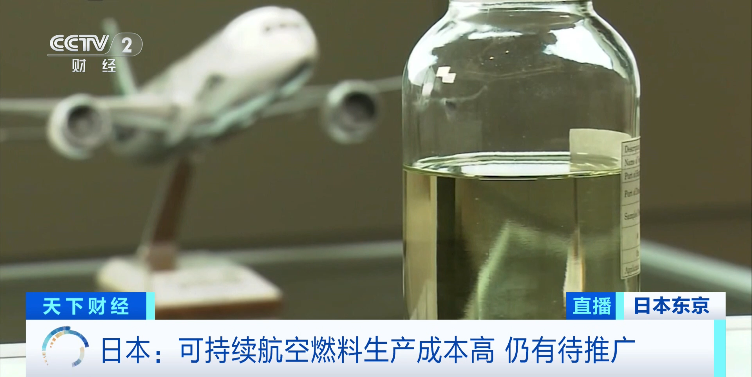"gutter oil" is popular! These companies are buying crazily! Also import from overseas! What's going on?
On the 10th, Innoshi, Japan's largest oil company, reached an agreement with a large local catering company to purchase waste edible oil (commonly known as "gutter oil") to produce sustainable aviation fuel. Currently, many Japanese oil companies are accelerating the mass production and popularization of this fuel.
On the 10th, Yinnengshi reached an agreement to purchase waste edible oil with a large local catering company. The recycled edible oil is used to produce sustainable aviation fuel. These waste edible oils mainly come from canteens of enterprises, factories, hospitals, etc. So far, Yinnengshi has reached agreements with 20 companies or groups on the acquisition of waste edible oil.

At present, many Japanese oil companies are actively competing for waste edible oil resources. Cosmo, another major oil company, also announced for the first time its first sustainable jet fuel production base in Japan last month, which is expected to be officially completed within the year. Mixing sustainable aviation fuel with traditional aviation fuel at a ratio of 3:7 can produce 700 flights from Tokyo to London a year. The waste edible oil used by the company is recycled from restaurants and others. At present, Japan's three major oil companies have all stated that in order to ensure production in the future, they will import waste edible oil from overseas.

Japan is accelerating the popularization and production of sustainable aviation fuels. On the one hand, the increase in the number of international routes has increased the demand for aviation fuels; on the other hand, the global goal of reducing carbon emissions is becoming increasingly urgent. Statistics show that Japan produces 500,000 tons of waste edible oil a year, of which 80% comes from restaurants and 20% comes from households. Every liter of waste cooking oil can be made into approximately 800 milliliters of sustainable aviation fuel. Japan's Ministry of Economy, Trade and Industry said at an expert meeting on September 30 that it would require major domestic oil refiners in Japan to produce sustainable aviation fuel and said it would provide relevant policy support.

Compared with traditional aviation fuels, sustainable aviation fuels can reduce carbon dioxide emissions by about 80%. However, due to high production costs, the current price is 3 to 5 times that of traditional aviation fuels, and the output is limited, so domestic use in Japan is not large. Some airlines in Japan have recently signed agreements on sustainable aviation fuel with catering, commercial and commercial companies, and oil companies. With the gradual promotion and accelerated production, the Japanese government expects to account for its use in 2030. 10% of the overall aviation fuel, or 1.7 million liters.







